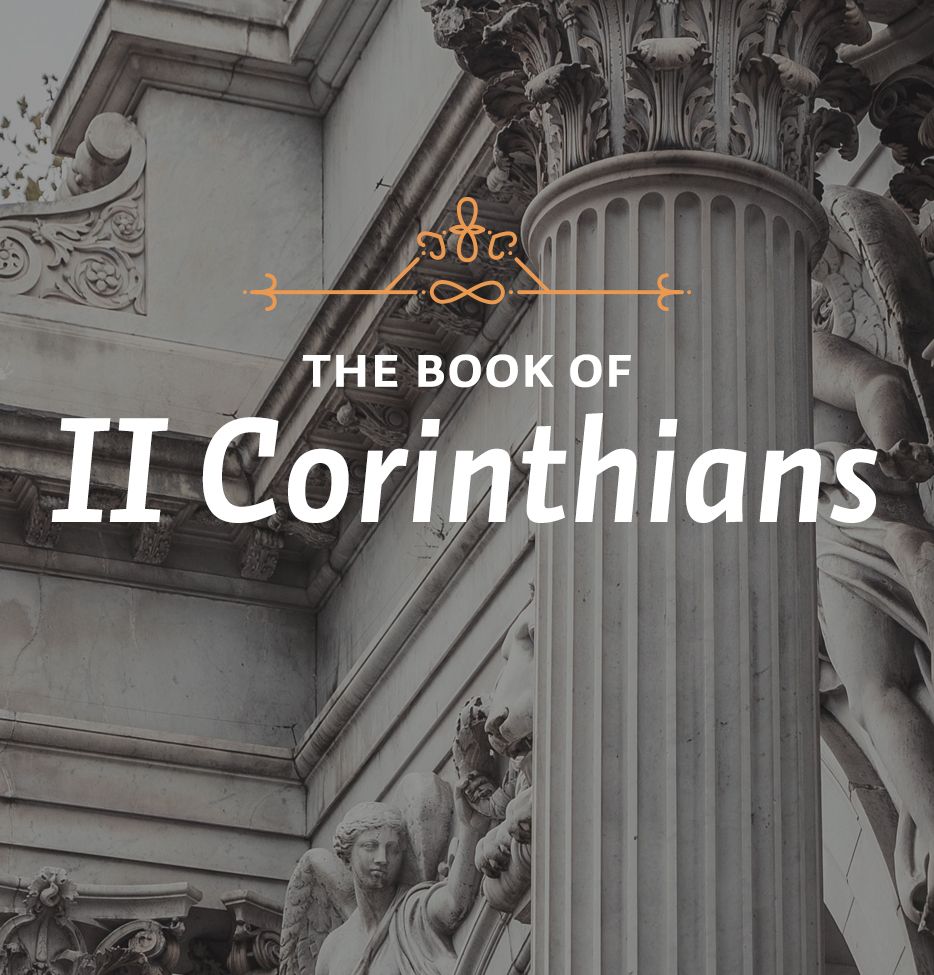Crown of Thorns2 Corinthians 11:16-33Theme: Boasting in weakness.This week’s lessons teach us that our weakness reveals God’s strength. LessonPeople like to defend themselves when they are under attack. Some people are often under attack, probably because they deserve it, so they get used to that and they like the role. But generally speaking, self-defense is a very unpleasant thing. It certainly is for Christians. The Bible tells us that vengeance belongs to God. Certainly it is in the spirit of that principle that Christians, even when they are most severely attacked, hold back and allow God in his own way, to defend them.
Sometimes his defense comes through friends who know the situation well and expound it more properly. Sometimes it is by circumstances. Sometimes it is by a supernatural work of God in the heart of the one who is criticizing. But, nevertheless, when self-defense is necessary, as it sometimes is, it is a distasteful thing.
That is what the Apostle Paul was doing in the verses that we have come to in our study of 2 Corinthians 11, starting at verse 16. This is a section in which, for the first time in a full way in this letter, he defends himself against the criticisms that had been made. It is obviously distasteful and it is obviously something he has reluctantly been leading up to ever since the beginning of the letter.
If you turn back to the very beginning of this second letter to the Corinthians, you find as early as chapter 1, around verses 16 and 17, that he is obviously answering the kind of personal attack that had been made against him by his enemies at Corinth. He had planned to visit them, but had been detoured from doing it. They no doubt said, “What do you expect of that scoundrel, Paul? He says one thing, he does something else. He never means what he says. You cannot trust his word. He says yes when he means no, and no when he means yes.” Paul answered that criticism when he wrote to them, yet we sense that he was holding back a bit. He just does not like to plunge into this kind of argument in a personal, tit-for-tat way.
He addresses his critics again in chapter 3, then again in chapter 6. There for the first time he begins to talk about the nature of his ministry and how he has tried very hard not to put stumbling blocks in anyone’s way. Yet even there he was not very specific. He was still holding back. We find the same thing in chapter 7. There was no point in saying that, unless people were telling him that that was precisely what he had done.
When we reach the end of this letter, we sense that Paul is finally doing what seems to be unavoidable. Here for the first time he boasts about himself in order that he might defend himself against the criticisms that had been made against him. Why didn’t Paul just allow the criticisms to go by? I am sure that there were many times in his ministry when he did precisely that. But this situation at Corinth was of a different character.
Study Questions
As Christians, why are we able to restrain ourselves from retaliating when attacked?
What are some of the ways that God defends his people?
Why does Paul boast about himself to the believers at Corinth?
ReflectionMeditate on Deuteronomy 32:35-43.






